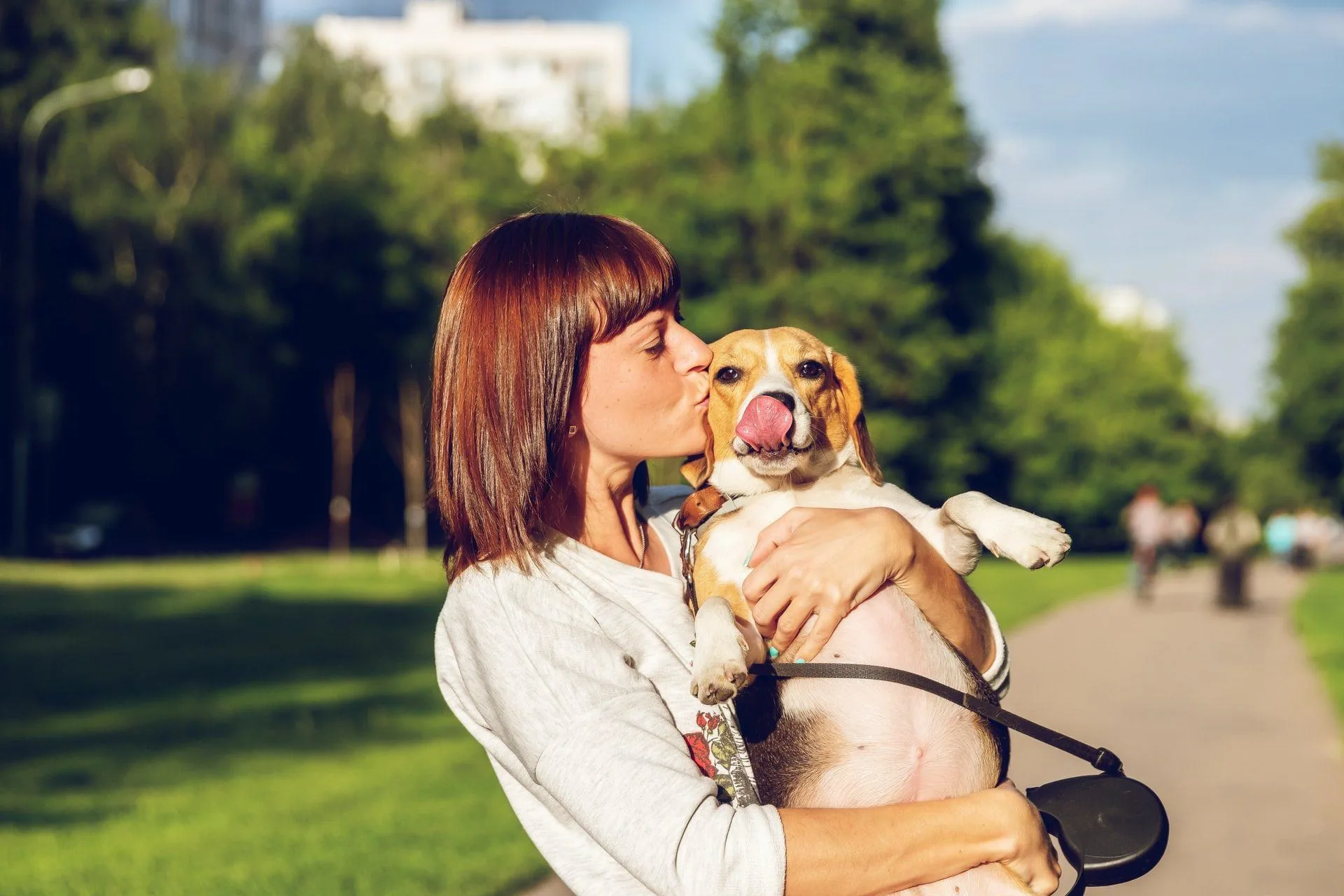Keeping pets has proven to be beneficial in many ways, such as improving our social life and lowering blood pressure levels. Even though it’s not easy, keeping a pet for people with depression plays a crucial role in helping them recover.
It is important to differentiate between emotional support animals and service animals. More especially when it comes to people with mental health illnesses and those living with disabilities. While emotional support animals are used to provide stability to people suffering from emotional distress such as depression, support animals help those living with disabilities such as visual impairments.
Different animals can be used as emotional support animals (ESAs), but the most common ones are dogs and cats. Getting an ESA requires one to be assessed by a mental health professional or a certified doctor. So, can you get an emotional support animal for depression?
Do Emotional Support Animals Assist With Depression?

Photo by Valerie Elash on Unsplash
According to CertaPet’s guide to emotional support dogs, the benefits of ESAs. When it comes to people battling depression, it deals specifically with the psychological, emotional, and physiological well-being of the affected persons.
If you are suffering from depression, getting an emotional support animal can offer you companionship and reassurance. Something that is important to help you recover from depression.
Emotional support animals assist with depression in many other ways, including:
- Helping people suffering from depression improve their connections and social interactions.
- They help improve or eliminate the physical causes of depression. This happens through the elimination of anxiety and its arousal, things that are common in people suffering from depression.
- Caring for and living with an emotional support animal builds and improves a person’s self-confidence as well as self-efficiency, things that are essential in helping people suffering from depression control certain outcomes in a bid to overcome depression.
- People suffering from depression can use emotional support animals when in situations that are not comfortable or when they feel insecure. The animals know how to make their owners comfortable. This improves the chances of recovering from depression.
How To Get An ESA For Depression
The past few years have seen significant growth in the number of people getting emotional support animals for different mental health complications, including depression. Different rules and regulations govern getting an emotional support animal depending on where a person lives.
To start with, you can decide to look for an animal trained as an emotional support animal or get your pet certified as an ESA. When getting certified, you need to be very careful. As there are many websites that promise to give ESA letters, yet they do not follow due process.
Before getting the ESA letter, you need to determine if you are depressed. You will then be asked several questions by the agency that you are dealing with. You will also be assessed by a mental health professional or a certified doctor to see if you qualify for an emotional support animal.
If you are dealing with an agency or a website that does not follow this process, it may be a bit of an issue. You might end up getting an ESA letter that is not legit.
Where Can You Take Your Emotional Support Animal?
As discussed above, different locations might have different regulations. It governs emotional support for animals, which may differ from other places.
However, in the United States of America, under the Air Carrier Access Act and Fair Housing Amendments Act. A certified person can have their emotional support animal with them even in their daily activities.
For instance, such people are allowed to;
- Take their emotional support animals to their places of work or businesses.
- Carry their emotional support animals to airplane cabins for them to help in dealing with depression and flying anxiety.
- Live with their emotional support animals, even if there are policies banning people from living with pets.
However, you need to make sure that you have a letter or a medical certificate. From a certified doctor or mental health professional recommending that you need the emotional support animal with you all the time.
The animal you choose, for instance, a dog, needs to be identified clearly as an ESA. You can do this by using a vest or a collar. They must also meet a set of requirements when it comes to their behavior and interact well with people around them.
Conclusion
Emotional support animals are very beneficial for people suffering from depression. If you are looking for one, it is important to follow the right procedures to ensure that you are properly certified.





![women [longevity live]](https://longevitylive.com/wp-content/uploads/2020/01/photo-of-women-walking-down-the-street-1116984-100x100.jpg)









